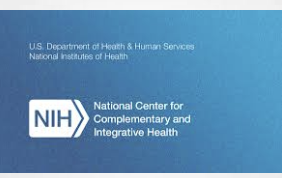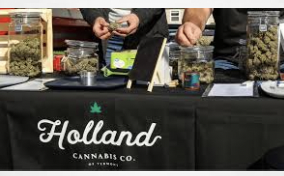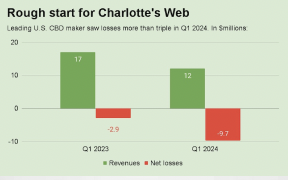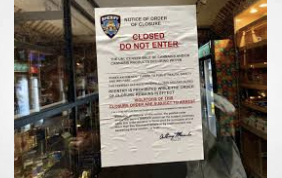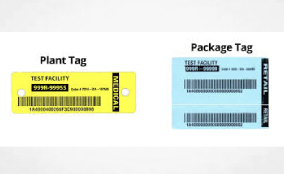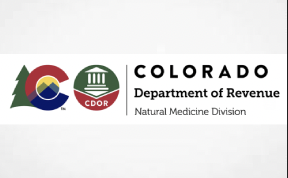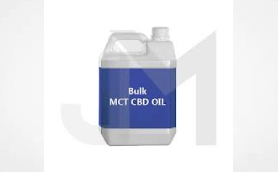Law enforcement agencies from 27 EU Member States and 23 non-EU countries join forces and share expertise to combat the trafficking of illegal drugs.
Europol’s 7th European Annual Drugs Conference took place on 7 and 8 December at Europol’s headquarters in The Hague. The 2023 edition marked a crucial milestone in the collective efforts to address the multifaceted challenges posed by the illicit drug trade. The conference brought together high-ranking officials, experts, and representatives from diverse law enforcement agencies, signalling a unified front against the escalating threat.
Among the topics discussed were: EU drug policy developments, emerging routes, logistical hubs such as port infrastructure, operational trends and threats, as well as key international cases.
Europol’s Deputy Executive Director Jean-Phillipe Lecouffe, Operations Directorate, who opened the conference, said:
I see a continuous and urgent need for enhanced international cooperation in the fight against drug trafficking. The complex nature of this global challenge demands a unified response in transcending geopolitical boundaries and fostering collaboration among countries and with private parties. The exchange of intelligence, joint operations, and coordinated efforts are essential to effectively dismantle the intricate networks that facilitate the illicit drug trade.
DG HOME’s Director for Internal Security Floriana Sipala, said:
It is crucial the EU fights back the escalating threat posed by criminal networks trafficking drugs, dismantling the networks behind drugs trafficking, following the money and confiscating their enormous profits. The European Commission has step up the European response with the EU Roadmap on the fight against drug trafficking and organised crime and it will implement it in close cooperation with EU Agencies and all the EU Member States.
The trafficking of illegal drugs has far-reaching consequences, which transcend borders and impact countries both within and outside the EU, and on a global scale. Notably, the increasing surge in violence associated with drug trafficking poses a direct threat to the safety and well-being of citizens. Criminal organisations engaged in these illicit activities often resort to extreme measures, leading to an alarming rise in violence that undermines the very fabric of our economies and societies.
Europol’s Annual Drug Conference serves as a platform to announce new collaborative initiatives, share best practices, and reinforce the commitment of participating law enforcement authorities. By fostering stronger partnerships, the international community aims to disrupt and dismantle the criminal organisations responsible for drug trafficking, thereby safeguarding communities and preserving the integrity of economies.
EU Roadmap on the fight against drug trafficking and organised crime:
In view of the escalating threat posed by criminal networks trafficking drugs, the Commission adopted on 18 October. The new Roadmap sets out concrete priority actions on fighting drug trafficking and organised crime at the EU level and globally, that will further strengthen our joint response in line with the aims of the EU Strategies on Organised Crime and Drugs.
The Roadmap aims to strengthen the resilience of logistical hubs with a new European Ports Alliance. The Alliance will work against drug smuggling and criminal infiltration to dismantle the criminal networks behind drug trafficking. Mapping high-risk criminal networks and supporting crime prevention measures, including by setting barriers and protecting young people from recruitment by criminal networks, will reinforce international cooperation with key partners on drug supply chains.
Recent report by Europol and key European ports:
Organised crime continually adapts to avoid detection, especially in the movement of illegal shipments like drugs and counterfeits. A recent collaborative report by Europol and key European ports (Rotterdam, Antwerp, Hamburg/Bremerhaven), highlighted methods used by criminal networks to circumvent security in EU ports. The report emphasises corruption as a pivotal facilitator for traffickers of illegal goods and calls for collaborative efforts between port authorities and law enforcement to combat criminal activities in ports.
2022 EU drug markets analyses from Europol and the EMCDDA:
A recent joint analysis by Europol and the EMCDDA and Europol revealed concerning trends in Europe’s illegal drug markets. The landscape of Europe’s role in international drug production and trade is shifting, with increased activities in cocaine and methamphetamine markets. Collaboration among criminal groups globally presents new security threats and market expansion. The report covered the supply chain, warning of innovation in production processes and hazardous new products. Increased production and trafficking were noted, with Latin American and European criminal groups collaborating.
Cocaine: The European cocaine market is expanding, reaching an all-time high in availability, with indications of a shifting role in the international cocaine trade. The estimated EU retail market value in 2020 was at least EUR 10.5 billion. High-risk criminal networks dominate trafficking, generating billions in profit. Increasing cocaine seizures in Europe have occurred since 2017.
A record 303 tonnes of cocaine was seized by EU Member States in 2021. Belgium, the Netherlands and Spain continue to be the countries reporting the highest volumes of seizures, reflecting the importance of these countries as entry points for cocaine trafficking to Europe. The corruption and intimidation of port workers facilitates smuggling, extending to other sectors in European society. Cocaine production is becoming more efficient globally, including in Europe, raising concerns about the availability of smokable cocaine products.
Collaboration between Latin American and European criminal networks in cocaine production activities is observed. Mexican networks are increasingly supplying cocaine to the EU, and the region is being used as a transit point for shipments to non-EU countries. Europol and the DEA jointly released a report revealing Mexican criminal involvement in the EU drug market.
Cannabis: The cannabis market, estimated at EUR 11.4 billion annually, is the largest drug market in Europe. Seizures in 2021 reached a decade high, with a shift towards more potent and diverse products. Cannabis potency has increased significantly, posing health risks, and the environmental impact is described as considerable. The collaboration between criminal networks contributes to security risks, involves various means of transportation and leads to violent clashes. The cannabis trade also fuels corruption, undermining governance. Policy changes in some EU countries, and globally, prompt the need for monitoring and evaluation to understand their impact on public health.
Amphetamine: The European amphetamine market is stabilising at EUR 1.1 billion annually. Europe, alongside the Middle East, is a major global producer and consumer of amphetamine. Most EU amphetamine is domestically produced, primarily in the Netherlands and Belgium, with criminals adapting and using innovative production methods.
Criminal networks in the amphetamine trade are business-oriented, cooperative, and adaptable, misusing legal structures and resorting to violence and corruption. Key actions at the EU and Member State levels are suggested to address these threats, including: improving strategic intelligence, reducing supply, enhancing security, fostering international cooperation, investing in capacity-building, and reinforcing policy and safety responses.
Source: https://www.europol.europa.eu/media-press/newsroom/news/europol%E2%80%99s-7th-european-annual-drugs-conference
